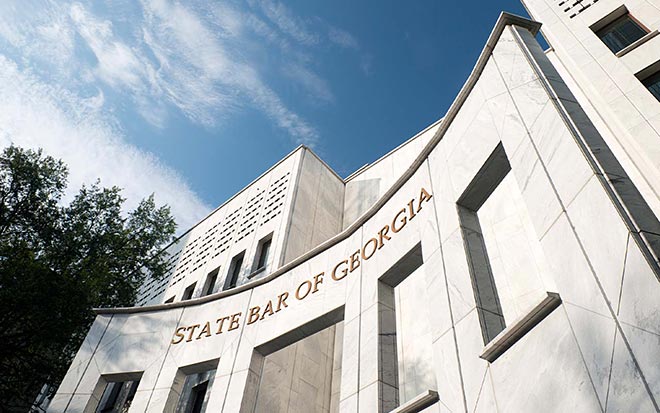Feb. 25, 2025
Delaware Proposed Legislation Aims to Curb Corporate Exodus From the State
With pressure mounting on Delaware to remain the preferred domicile for corporate entities, state law makers recently introduced legislation that would materially amend Title 8 of the Delaware General Corporation Law.
Senate Majority Leader Bryan Townsend introduced Senate Bill 21 (SB 21), which aims to retain large corporate entities like Meta and Dropbox by offering greater protections for directors and officers and limiting materials that shareholders can demand access to.
Re-defining Material Terms
If enacted, SB 21 will re-define material terms to the corporate code, including “controlling stockholder,” “disinterested director,” and “material interest.”
SB 21 would limit “controlling stockholder” to someone who “owns or controls majority in voting power of the outstanding stock of the corporation entitled to vote generally in the election of directors” or those who maintain “functionally equivalent” power of a majority stockholder by owning or controlling “at least one-third in voting power of the outstanding stock of the corporation entitled to vote generally in the election of directors or for the election of directors who have a majority in voting power of the votes of all directors on the board of directors and power to exercise managerial authority over the business and affairs of the corporation.”
A “disinterested director” would also be reclassified as “a director who is not a party to the act or transaction and does not have a material interest in the act or transaction or a material relationship with a person that has a material interest in the act or transaction.”
Most notably, the proposed amendment would re-define what is considered a “material interest” by limiting the term to an “actual or potential benefit” that, when applied to a director, would be anticipated to “impair the objectivity of the director’s judgment,” but only when “participating in the authorization or approval of the act or transaction at issue;” and when applied to a stockholder or other person besides a director, “would be material to such stockholder or other person.”
Protection From Liability
SB 21 also includes an exculpatory provision, that would eliminate liability of a controlling stockholder for monetary damages related to the breach of the duty of care, except in instances of breach of the duty of loyalty, acts or omissions conducted in bad faith, or when there’s a finding of intentional misconduct, knowing violation of the law, or improper personal benefit.
Clarifying Books and Records Accessible to Stockholders
SB 21 demystifies what constitutes “books and records” by clearly identifying and limiting the documents that are available for inspection to:
a. The certificate of incorporation, as defined in § 104 of this title, including a copy of any agreement or other instrument incorporated by reference in the certificate of incorporation.
b. The bylaws then in effect, including a copy of any agreement or other instrument incorporated by reference in the bylaws.
c. Minutes of all meetings of stockholders and the signed consents evidencing all action taken by stockholders without a meeting, in each case for the three years preceding the date of the demand… section.
d. All communications in writing or by electronic transmission to stockholders generally within the past three years preceding the date of the demand…
e. Minutes of any meeting of the board of directors or any committee of the board of directors and records of any action of the board of directors or any such committee.
f. Materials provided to the board of directors or any committee of the board of directors in connection with actions taken by the board of directors or any such committee.
g. Annual financial statements of the corporation for the three years preceding the date of the demand…
h. Any agreement entered into under § 122(18) of this title. [and]
i. Director and officer independence questionnaires.
Senate Bill 21 has bipartisan support and the backing of Delaware Governor Matt Meyer. The bill was immediately referred the Senate Judiciary Committee upon introduction. Sen. Townsend is Vice-Chair of that committee and has indicated that he anticipates the bill will receive a hearing in short order. Though the bill is not retroactive, it would be effective upon signing and would change the landscape of Delaware corporate governance law almost overnight.
Nelson Mullins’ Securities & Corporate Governance Industry Group works regularly with its clients to navigate the changing legislative and regulatory landscape effecting both private and public companies and their Boards.









